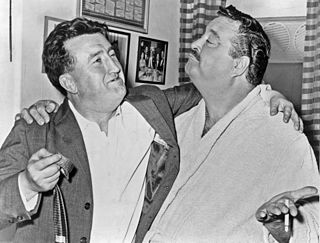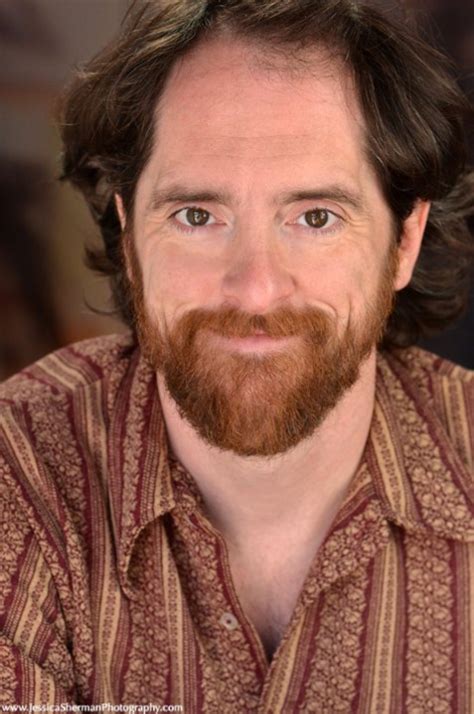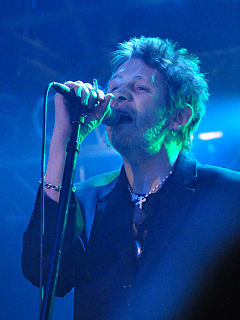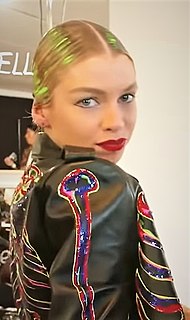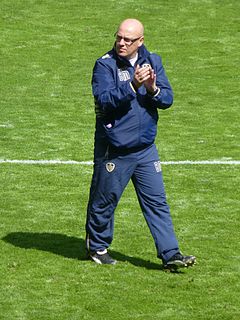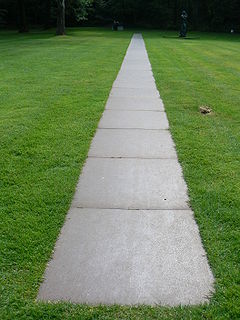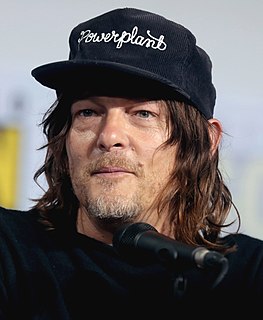A Quote by Jane Jacobs
Maybe part of my animus against the English is the way they have always treated the Irish and they way they still think about the Irish.
Related Quotes
James Joyce's English was based on the rhythm of the Irish language. He wrote things that shocked English language speakers but he was thinking in Gaelic. I've sung songs that if they were in English, would have been banned too. The psyche of the Irish language is completely different to the English-speaking world.
All my family look Irish. They act Irish. My sister even has red hair... it's crazy. I'm the one that doesn't seem Irish. None of the kids in my family, my siblings, speak with an Irish accent... we've never lived there full-time; we weren't born there. We just go there once or twice a year. It's weird. Our parents sound Irish, but we don't.
Irish is harder to pull off. I know southern people and I really like the midwest, so I can tap into that a little bit. It's easier to sound angry with southern than it is Irish. Yelling Irish you can sound like an angry Leprechaun. I think me screaming like I am going to kill you in Irish doesn't work.

